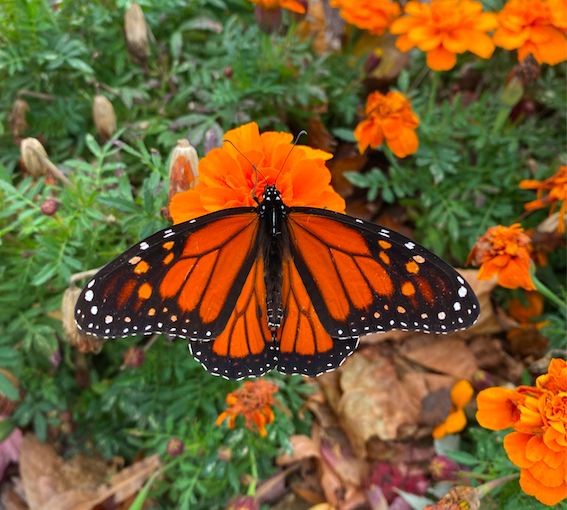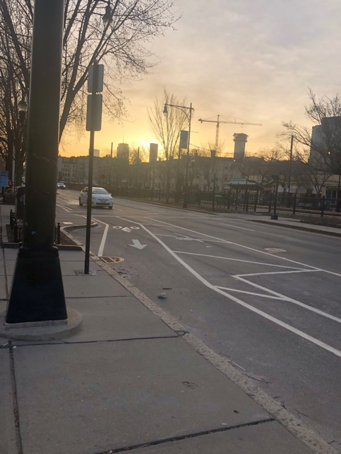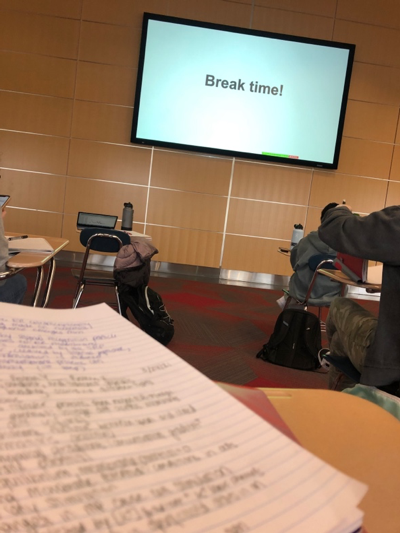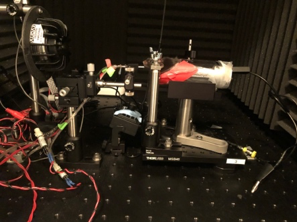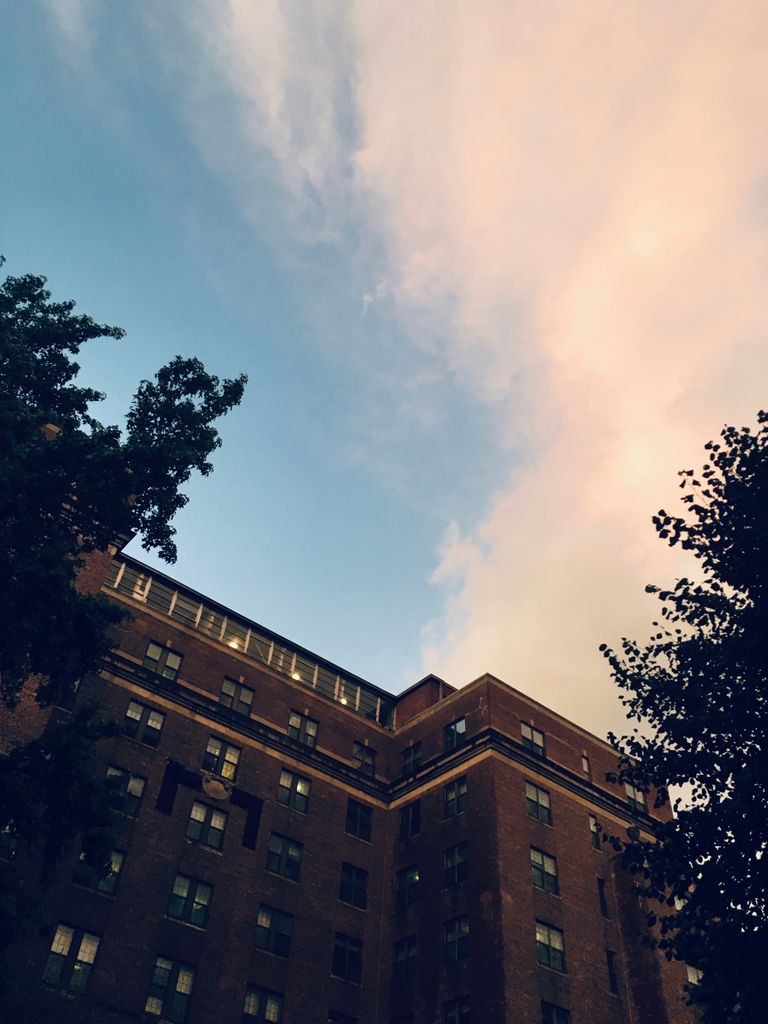By Jamie Greene (CAS’23)
1. Boston Common Founded in 1634, Boston Common is the oldest public park in the United States. Today, its 50 acres provides a meeting ground for gatherings such as picnics, softball, tennis, protests, and celebrations. A cornerstone of the Boston Common is the Frog Pond, which holds a carousel and splash pond in the summer and ice skating rink in the winter.
2. Public Garden Located just off of the Boston Common lies the Boston Public Garden. In addition to the manicured gardens and unique botany, the Public Garden is the home of several works of art, including the “Make Way for Ducklings” statues and Equestrian Statue of George Washington.
3. Boston Public Library Straight out of Hogwarts, the Boston Public Library is a must-visit workspace. With free wifi, computer access, and even a cafe, the BPL is a haven for inspiration, serving as the location for several of my own final essays and research papers. Once work has been completed, I would highly recommend simply walking around the Library which houses a collection of over 23.7 million works, including 1.7 million rare books and manuscripts from medieval authors, to William Shakespeare and John Adams.
4. Bunker Hill I know it’s technically in Charlestown, but you simply cannot go to school in Boston without visiting Bunker Hill. The site of the famous command, “don’t fire ‘til you see the whites of their eyes,” the Bunker Hill monument atop Breeds Hill marks a turning point in the Revolutionary War where the Yankees demonstrated their strength and tenacity to the British troops. Feeling a quick workout with a view? You can even climb the 294 steps to the top for unobstructed views of the city. If you have extra time during your visit there is a museum across the street as well as several restaurants and shops to explore.
5. Freedom Trail For a comprehensive history lesson as well as a chance to get out and explore the city of Boston, it's hard to beat the Freedom Trail. Spanning 2.5 miles, the Freedom Trail takes you to key landmarks across downtown Boston. Historic sites include the Massachusetts State House, Granary Burying Ground (the final resting place of John Hancock, Paul Revere, and Samuel Adams), Boston Massacre Site, Paul Revere House, the Old North Church, and USS Constitution.
6. Faneuil Hall If you have extra time, spend it at Faneuil Hall, a stop along the Freedom Trail. Created in 1742 and deemed by the Founding Fathers as “the Cradle of Liberty,” Faneuil Hall Marketplace along with Quincy Market currently houses over 70 retailers serving up indulgent world cuisine. In addition to delicious food and snacks, several retailers and vendors sell Boston apparel and goods. If you want more, step outside to be immediately entertained by street performers!
7. Aquarium Penguins! Sharks! Fish! Fun!
8. Gardner/MFA/ICA If you’re craving an afternoon of arts and culture, I cannot recommend any more highly any of the preceding museums, all of which are free with your BU ID. Inspired by her global travels, Isabella Stewart Gardner transformed her home into an intimate museum boasting an impressive collection of paintings, sculptures, and tapestries from around the world. Art from Rembrandt, Monet, and Degas are scattered along the walls, the backdrop of a stunning courtyard and beacon of light particularly in the winter months. The history of the Gardner museum is just as interesting as the art, the site of the largest (and still unsolved) private property theft amounting to an estimated $500 million. The Museum of Fine Arts and Institute of Contemporary Art are incredible art museums which host an overwhelming collection of priceless art and artifacts. A must see at the MFA is its extensive Monet collection, one of the largest outside of Paris. For newer appreciators of the arts, the MFA also is home to Egyptian masterpiece statues and busts.
9. Landwer Cafe Like coffee? Need to study? Look no further than Cafe Landwer on Beacon Street in South Campus. Rumor has it that if you show your BU student ID and plan to study, the cafe will reward you with free coffee. Or, if you want to upgrade this experience, they apparently have a nutella latte worth its weight in gold (but only priced at $5).
10. Apartment Hours. Look no further than the halls of KHC for this one. My freshman year, I lived across from the Kilachand Faculty in Residence and Professor in the Pardee School of International Relations, Professor Woodward. Every Tuesday night, Professor Woodward hosted apartment hours which quickly became a staple in my roommates’ and my weekly routine. These apartment hours were a place for meaningful dialogue with our peers, Professor Woodward, and even scholars and professionals. Among these academics, we had the opportunity to converse with fellow professors, chief of BUPD, a public health expert working for the City of Boston, and more! Professor Woodward’s apartment hours quickly became a staple for my freshman year not only for these critical discussions, but also for the snacks. As a gal who was not one to frequent the dining hall, I could always count on Professor Woodward to offer nachos, curry, or some other delicacy. A great opportunity to bond with your peers as well as renowned professors, apartment hours are a must!

